

Q&A
-
What are the benefits of breastfeeding for both the mother and baby?
Answer: Breastfeeding provides numerous benefits for both the mother and baby, including essential nutrients for healthy growth and development, antibodies that help protect against infections and diseases, and reduced risk of certain cancers for mothers. -
How do I choose the right type of baby bottle for my little one?
Answer: The right type of baby bottle depends on your baby's needs and your preferences as a parent. Consider factors such as material, nipple flow rate, and special features like anti-colic or anti-spill designs. -
What are the signs that my baby is ready for solid food?
Answer: Signs that your baby is ready for solid food include being able to sit up unsupported, showing interest in food, and being able to swallow food without pushing it back out with their tongue. -
How do I properly sterilize my baby's feeding equipment?
Answer: To properly sterilize your baby's feeding equipment, you can boil it in water for at least 5 minutes or use a sterilizer machine. Follow the manufacturer's instructions for whichever method you choose. -
What are the best foods to introduce to my baby when starting solids?
Answer: Some of the best foods to introduce to your baby when starting solids include pureed fruits and vegetables, iron-fortified cereals, and soft proteins such as pureed meats or tofu. -
How do I safely warm up stored breast milk or formula?
Answer: To safely warm up stored breast milk or formula, you can place the bottle in a bowl of warm water or use a bottle warmer. Avoid using the microwave, as it can heat the liquid unevenly and create hot spots. -
What are the common feeding challenges that parents may face and how can they be resolved?
Answer: Common feeding challenges that parents may face include difficulty latching during breastfeeding, reflux or colic, and picky eating. Solutions may include seeking help from a lactation consultant or doctor, trying different feeding positions, or offering a variety of foods to encourage experimentation. -
How do I know if my baby is getting enough nutrition during feedings?
Answer: Signs that your baby is getting enough nutrition during feedings include wet diapers every 3-4 hours, regular weight gain, and a content and alert demeanor after feedings. If you have concerns about your baby's nutrition, it's always a good idea to consult with your pediatrician.
